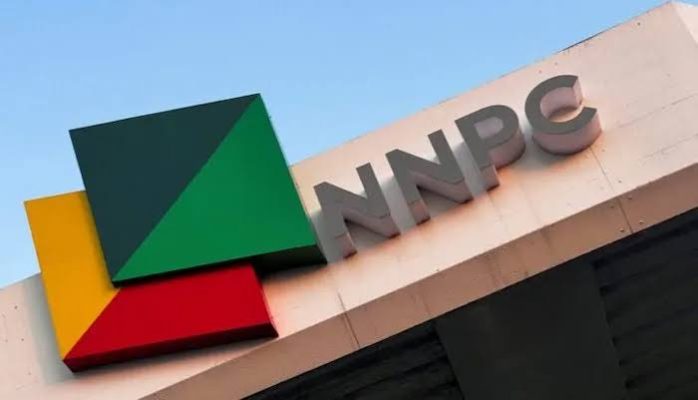The Nigerian National Petroleum Company Limited (NNPC) has announced a strong 14 percent rise in its after-tax profit for the month of May 2025, reaching ₦1.054 trillion. This marks a major jump from the ₦926 billion profit recorded in April, showing improved financial performance within just one month.
According to the company’s latest operational and financial report, the boost in profit was supported by higher oil and condensate production. NNPC revealed that daily oil output rose to an average of 1.63 million barrels per day (mbpd) in May, up slightly from 1.61 mbpd in April. Peak production during the month touched 1.72 mbpd. Specifically, crude oil production maintained a steady 1.35 mbpd, while condensate output increased from 0.26 mbpd in April to 0.28 mbpd in May.
The rise in production was also reflected in improved sales. NNPC sold a total of 24.77 million barrels of crude oil and condensate in May, which is the highest monthly volume since February. In April, the company sold 22.16 million barrels. This slight boost helped drive total revenue to ₦6.008 trillion in May, compared to ₦5.972 trillion the month before.
Gas production also improved slightly, reaching 7.352 billion standard cubic feet per day (bcfd). However, gas sales recorded a small decline, slipping from 4.240 bcfd in April to 4.185 bcfd in May. Despite this, gas production remained stable, contributing to overall strong performance in the upstream sector.
However, the downstream segment, which handles fuel supply and retail, did not perform as well. NNPC Retail stations recorded a drop in fuel availability from 70 percent in April to 62 percent in May. Industry experts believe this drop was due to logistic challenges and changes to supply chains following the removal of fuel subsidies. The impact of the subsidy reforms is still unfolding, and NNPC is adjusting its operations to cope with the new reality.
The company also reported progress on key infrastructure projects. The OB3 gas pipeline is now 96 percent complete, while the Ajaokuta–Kaduna–Kano (AKK) gas pipeline project has reached 81 percent completion. These projects are considered important to Nigeria’s long-term energy plans. NNPC also stated that pipeline availability for upstream operations stood at a strong 98 percent in May.
In terms of maintenance, turnaround work was carried out on the Trans-Escravos pipeline, as well as several flow stations in Oil Mining Lease (OML) 40 and OML 17. These efforts are part of NNPC’s strategy to keep oil production running smoothly and avoid disruptions.
There are also signs that leadership changes at the top of NNPC are beginning to influence the company’s direction. In April, President Bola Ahmed Tinubu dissolved the company’s board and appointed Bashir Bayo Ojulari as the new Group Chief Executive Officer. Ahmadu Musa Kida was named the non-executive chairman. Mr Ojulari, an experienced engineer who previously worked with Shell Nigeria, is believed to be driving renewed focus on increasing production and improving operational discipline.
Since taking over, the new NNPC leadership has been pushing for better governance, transparency, and cost control. Experts say these efforts may be behind the positive results recorded in May. However, they also warn that without continued reform in the downstream sector, these gains may not last.
As oil prices around the world remain unstable, the strong profit recorded by NNPC offers Nigeria an opportunity to boost national revenue and invest more in important projects. Still, some challenges remain, including ensuring steady fuel supply, managing the effects of subsidy removal, and completing ongoing pipeline projects.
Going forward, analysts are calling for more transparency in the company’s operations, as well as better project execution. They believe that if NNPC can maintain current momentum and fix issues in the downstream segment, the company can fully take advantage of the improvements in oil production and infrastructure.
